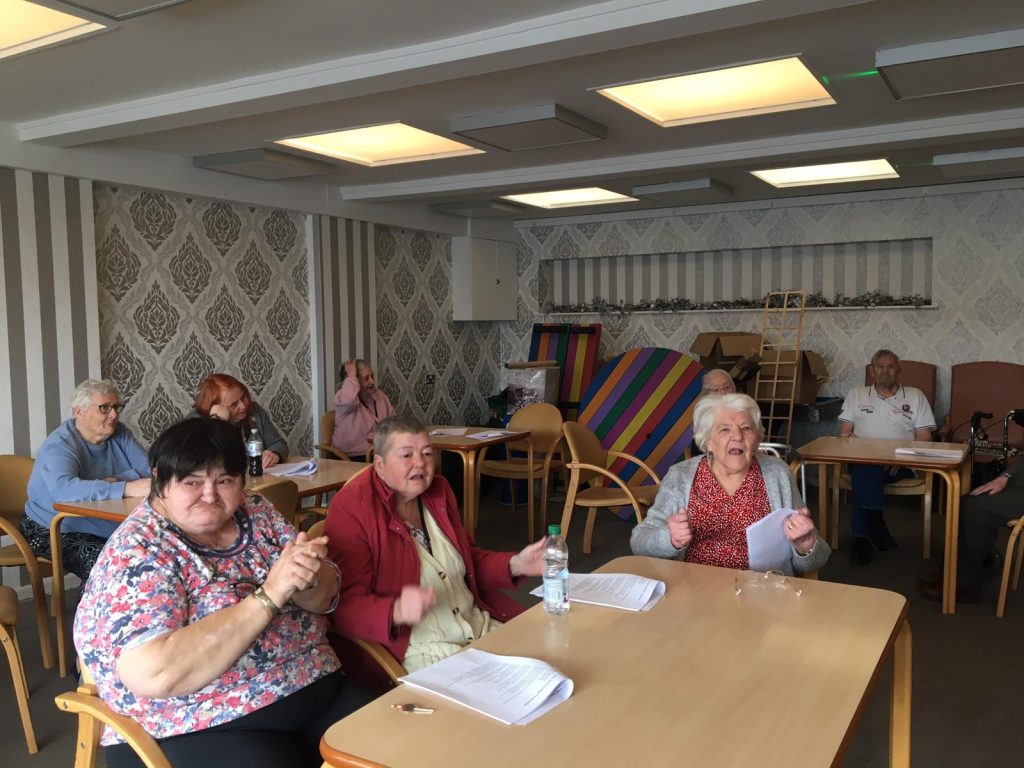
1. Physical Benefits: Singing involves controlled breathing, which can aid in strengthening respiratory muscles and improving lung capacity. This can be particularly beneficial for individuals recovering from respiratory illnesses or surgeries.
2. Cognitive Rehabilitation: Singing requires memory, concentration, and cognitive processing, which can help individuals recovering from brain injuries or strokes to regain cognitive function. Learning and remembering song lyrics can be an effective cognitive exercise.
3. Emotional Well-being: Singing can boost mood and reduce stress and anxiety. Engaging in music therapy through singing can help individuals cope with emotional trauma, depression, or PTSD, making the rehabilitation process more manageable.
4. Social Connection: Singing often occurs in group settings, such as choir or music therapy sessions. This fosters social interaction, reduces feelings of isolation, and improves communication skills for individuals recovering from conditions like social anxiety or autism.
5. Speech and Language Rehabilitation: Singing involves articulation and pronunciation, making it a valuable tool for speech therapy. People with speech disorders or those recovering from surgery or injuries affecting speech can benefit from singing exercises.
6. Motor Skills Improvement: Coordinating breath control, vocalization, and sometimes movement while singing can help individuals regain motor skills and muscle control, making it useful in physical rehabilitation.
7. Pain Management: Singing releases endorphins, the body’s natural pain relievers, which can help reduce the perception of pain and improve overall well-being, especially for individuals recovering from surgeries or chronic pain conditions.
8. Motivation and Engagement: Singing can make rehabilitation more enjoyable and engaging, increasing motivation for individuals to participate actively in their recovery programs.
Incorporating singing into rehabilitation programs, whether through formal music therapy or casual singing sessions, can enhance physical, emotional, and cognitive aspects of recovery, contributing to better overall outcomes for patients.
